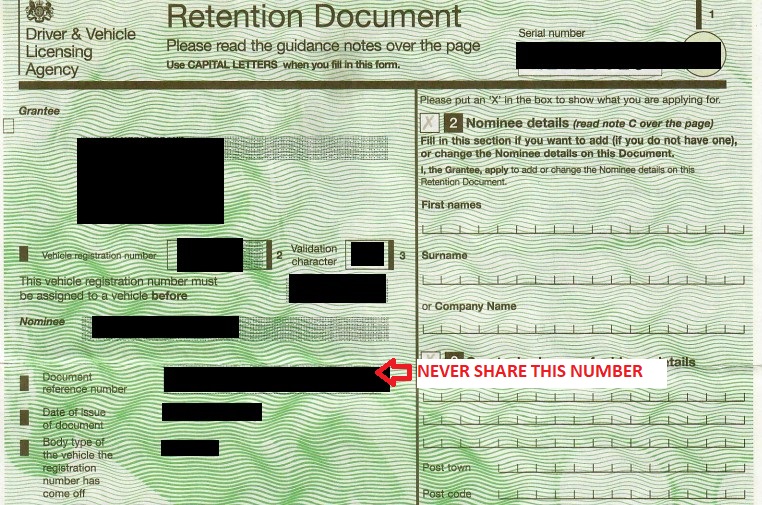A car expert has sounded the alarm for drivers as victims fall prey to scams involving private number plates on social media, resulting in substantial financial losses.
Jon Kirkbright, sales director at Platehunter, a seasoned professional with over 11 years of experience in the motor industry, has issued a cautionary message to drivers and potential buyers/sellers of private registration plates. He has observed a concerning trend that has prompted him to raise awareness about these scams.
In recent times, Jon has been confronted with a disconcerting pattern, compelling him to extend a word of caution to drivers and those navigating the market for private registration plates. This surge in scams has led individuals to pose as employees of his company on social media platforms, duping unsuspecting individuals into parting with thousands of pounds for non-existent number plates.
Jon expresses his concerns about individuals falling victim to these fraudulent schemes, emphasising the potential harm it can inflict on both his business and reputation.
“It’s distressing to think that people are losing their hard-earned money due to impostors pretending to be associated with my company. The issue lies in platforms like Facebook, which allow individuals to falsely claim affiliation with any company, without any alert or verification process. This is particularly alarming,” says Jon.
Years of dedicated work have contributed to Jon’s robust client base, built on legitimate and reliable transactions. He is now offering valuable tips to help individuals recognise these scams before becoming victims themselves.
Here are the primary private number plate scams and their mechanisms:
1. Sharing Certificate Numbers Online: Sharing the certificate number online can lead to the immediate theft of a private registration plate. A seller might inadvertently share an image of their certificate only to discover that it has already been stolen and applied to another vehicle before a legitimate sale takes place.
2. Fake Interest in Purchasing: Fraudsters might pose as genuine buyers interested in purchasing a plate. They request a picture of the certificate as evidence of ownership. Using the certificate number, scammers steal the plate, while also exploiting the certificate image to deceive other buyers.
3. Unauthorized Use of Family or Friend’s Certificates: Scammers might pilfer certificates from family or friends without their knowledge. The rightful owners of the registration may remain oblivious to the crime until they attempt to use or sell the registration, discovering it’s being used on another vehicle. In such cases, the true owner can report to the DVLA, resulting in reissuance of the plate.
Jon further notes: “At Platehunter, we never finalise sales based on social media conversations. We rely on phone calls, emails, and physical document submissions. We conduct thorough checks to validate certificate numbers. We make certain the buyer receives the plate, and the seller receives the payment. Social media isn’t our platform for transactions. We handle the process to prevent issues for both parties, and we provide refunds if needed.”
Jon imparts valuable advice for online purchases:
1. Verify Trustworthiness: Never part with money until you are certain about the credibility of the seller. This rule applies universally for online transactions, not just for private number plates.
2. Avoid Sharing Certificate Numbers: Keep your certificate number private, as scammers commonly exploit it for their crimes. Share it only with trusted individuals or reputable entities.
3. Conduct Thorough Research: Prior to finalising any deal, conduct comprehensive research on the product and seller. Ensure the price is reasonable and the source is trustworthy.
4. Read Reviews: To avoid scams involving individuals claiming to be associated with a company, search for the company online and read reviews. Reviews might mention specific names, helping verify the legitimacy of the claimed association.
5. Cross-Check Platforms: If you’re communicating with someone on one social media platform, verify their identity on the company’s official website or other social media accounts. Don’t hesitate to contact the company directly or call them to verify the individual’s employment status.
With this expert advice, individuals can navigate the private number plate market more securely, minimising the risk of falling victim to scams.






